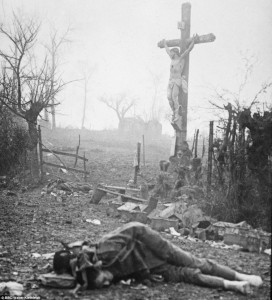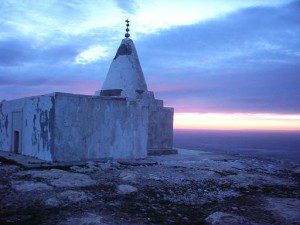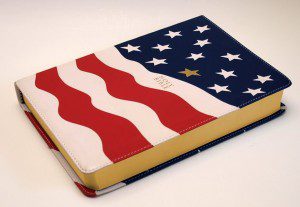I recently had the privilege of pre-reading Rob Moll’s forthcoming book, What Your Body Knows About God (November 2014, IVP). In it, Moll distills difficult scientific research, making sense of it in light of historic Christian practices–particularly those targeting personal transformation. Moll’s own ministry experience and anecdotal accounts season the chapters, adding personal interest to this smoothly-written work. Few authors can bring scientific studies, personal interviews, and theological analysis together with the ease. Moll does. Moll’s interest in the topic emerged as he researched... Read more

















